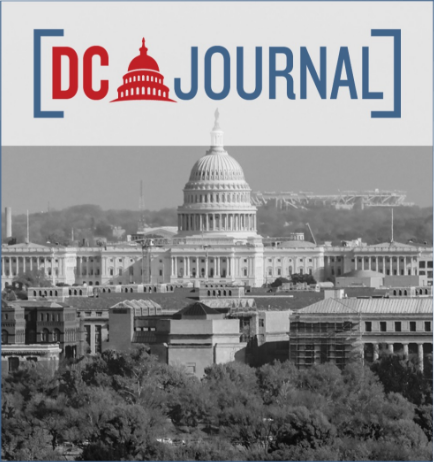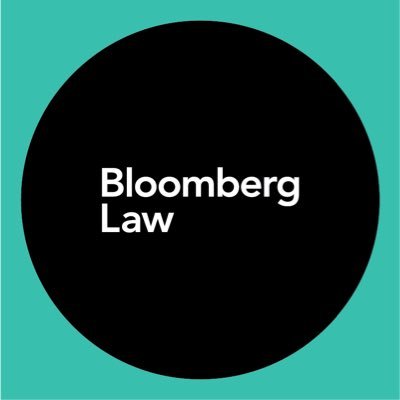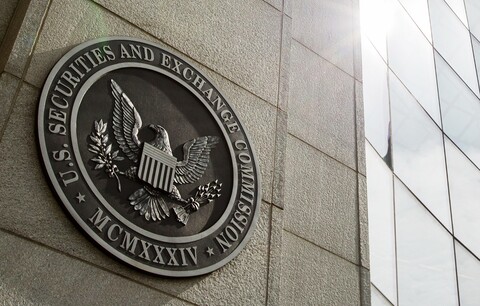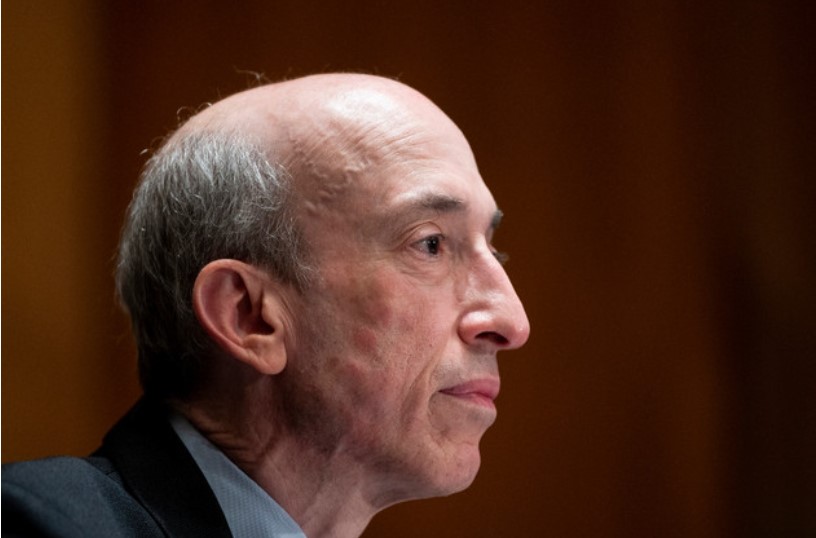By Hassan Tyler. (RealClear Markets). September 5, 2023.
Over the last two Administrations, successive chairmen of the Securities and Exchange Commission (SEC), from both political parties, have led the agency through an erratic and confusing approach to regulating cryptocurrencies. What both chairmen had in common was a decision to not use rulemaking and public engagement to write a clear playbook for market participants, but to aim discretionary lawsuits at specific crypto companies and crypto trading exchanges to regulate the market instead.
Unfortunately, one of the SEC’s highest profile crypto lawsuits has backfired by pulling back the curtain to show several officials ignoring the law and apparent conflicts of interest as they picked winners and losers in the nascent industry.
Last month, Ripple Labs notched a landmark legal victory against a December 2020 SEC enforcement action where the agency alleged the cryptocurrency XRP qualifies as an investment contract in Ripple and that all sales, including on the secondary markets, are unregistered securities. Judge Analisa Torres ruled that only early institutional sales of the XRP token that were specifically packaged as investment contracts fall under the SEC’s jurisdiction.
Read the full piece by Hassan Tyler here: Real Clear Markets: “The SEC Chooses to ‘Regulate’ Cryptocurrencies Via Lawsuit”














